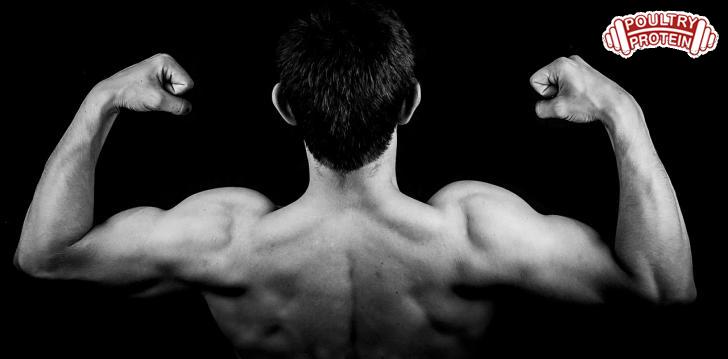
Since they emerged about 45000 to 50000 years back, the modern Homo sapiens (in simple words – us humans!) haven’t changed much.
But there are some differences between the lifestyle of our ancestors and our lifestyle today. For one, there was no pollution then. No emissions, no water pollution, no toxic wastes. But the most important differentiating factor is the availability of food. Our ancestors almost had a one track agenda every day: procure food for the family. Most of their time was occupied in sourcing it. And in those times, this involved running and hunting wild animals, walking far and wide to gather fruits from the forest and so on. In short, they spent most of their time being active in pursuit of food. Today’s human beings do not need to forage for food. Everything is readily available. However, what we do not realize is that our body is simply not meant to eat the food without physical activity. Most of the problems we face today are therefore due to the fact that we are not physically active / do not exercise. Inactivity combined with a poor diet leads to obesity, and invites diseases like diabetes, high blood pressure, stroke and many others. In fact, research has already shown that India is heading towards a major diabetes crisis. It is estimated that a staggering 70 million Indians are diabetic as of 2016, one decade earlier than expected. And cardiovascular diseases and high blood pressure are not far behind.
Since we do not need to run for food unlike our ancestors, and our bodies have not really changed in the last 50000 years or so, we need to substitute it with some physical exercises to stay healthy and active.
Benefits of Exercise
- Even a modest physical activity – as little as 20 minutes per day of walking, running or any other physical activity – yield significant health benefits. These benefits increase as you increase the time of the activity.
- Moderate physical activity every day reduces the risk of type-2 diabetes, cardiovascular disease, blood pressure and even some types of cancer. In addition, daily physical activity lowers cholesterol, reduces levels of anxiety, reduces obesity and slow down osteoporosis and arthritis.
- Research has shown that about 35% of deaths in India are caused because of irregular habits and lack of physical activity.
- Those who are physically inactive are twice as likely to develop coronary disease as people who are active.
- The health hazards posed by physical inactivity are almost as high as the risks caused by high blood pressure, high cholesterol and cigarette smoking. Exercise helps mitigate this risk.
- Exercising not only improves your muscle tone and overall health, it helps you get a positive outlook in life.
For a disease free life, stay in shape or ship out!
